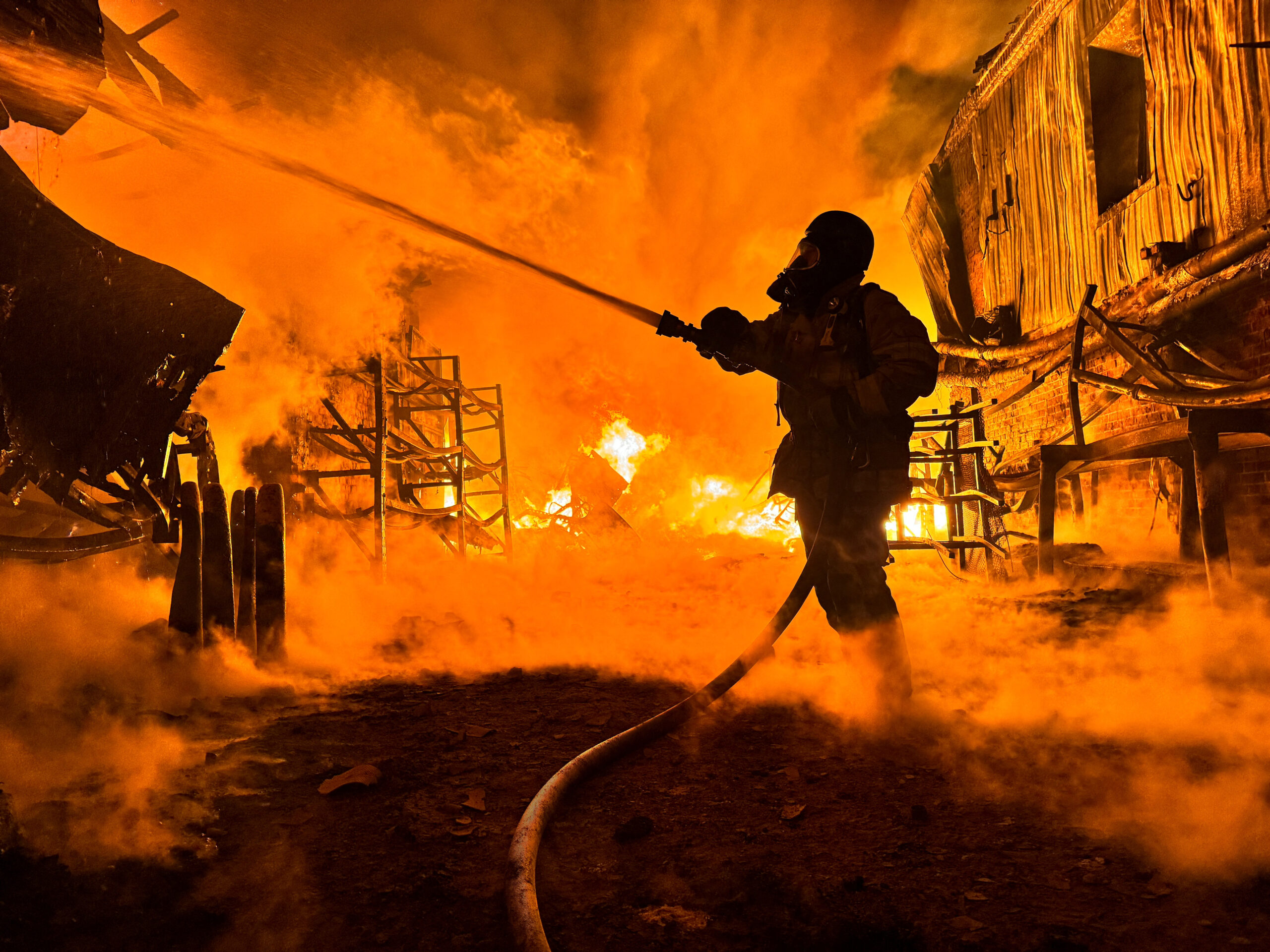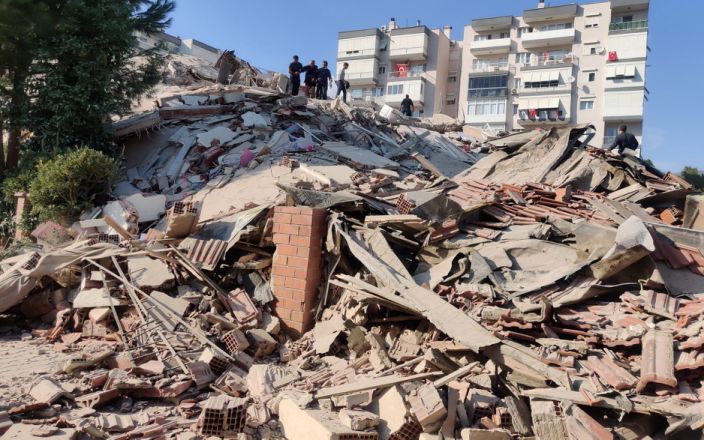Vanuatu appeals for aid after devastating cyclone
Vanuatu\’s president made an emotional appeal for international assistance after his island nation was hit by a calamity of a cyclone, wreaking devastation in what is feared to be one of the region\’s worst weather disasters.
Though the full extent of the damage is unknown, the UN had unconfirmed reports of 44 people killed in just one province while aid agencies described scenes of destroyed homes, uprooted trees and blocked roads as a result of Super Cyclone Pam, a maximum category five storm.
The official death toll was eight in the capital on Saturday night, a Save the Children spokeswoman said, citing the country\’s Disaster Management Office, with fears that dozens may be dead after the storm brought gusts of up to 320 kilometres (200 miles) an hour.
Agencies said that the disaster\’s impact on outlying islands — home to more than 33,000 people — was still not known, but the weather had calmed revealing homes reduced to timber and villages flattened on the main island.
"We\’re seeing whole villages and houses just blown away. These houses were quite delicate structures and didn\’t stand a chance in the face of a category 5 cyclone," said World Vision spokeswoman Chloe Morrison on Sunday morning.
Aid agencies were scrambling for information and preparing to send teams to Vanuatu, where 65,000 people live on the main island, with a UN disaster assessment and coordination team expected to arrive late Sunday.
"The humanitarian needs are enormous," said Augustine Garae of the Vanuatu Red Cross. "We know there has been widespread destruction and many people have lost their homes."
Vanuatu\’s President Baldwin Lonsdale led appeals for international assistance, telling delegates at a UN conference on disaster risk reduction in Japan Saturday that he spoke with a "heart that is so heavy".
"I stand to appeal on behalf of the government and people of Vanuatu to the global community to give a lending hand in responding to these very current calamities that have struck us," Lonsdale said.
Residents of the capital spent the night hunkering down as the terrifying storm raged.
"The scene here this morning is complete devastation — houses are destroyed, trees are down, roads are blocked and people are wandering the streets looking for help," said Save the Children\’s Tom Skirrow.
CARE International\’s Charlie Damon said "homes have been blown to pieces" and evacuation centres had also been flooded, while UNICEF spokeswoman Alice Clements described the cyclone as "15-30 minutes of absolute terror" as it passed over the island.
NGOs have also launched appeals and are hoping to start flying in emergency supplies of food, shelter and medicine from Sunday, when the airport in the capital Port Vila is expected to reopen.
Australia offered assistance and said medical and search and rescue staff were on standby. Donations included $2.9 million from Britain, $733,750 by New Zealand and $1.05 million from the European Union.
President Francois Hollande also said France would respond to requests for assistance, while White House National Security Advisor Susan Rice tweeted "we will be there for them as the focus turns to recovery".
"A disaster of this magnitude has not been experienced by Vanuatu in recent history — particularly in terms of the reach of the potential damage and the ferocity of the storm," said Sune Gudnitz, who heads the United Nations Office for the Coordination of Humanitarian Affairs in the Pacific.
UNICEF New Zealand Executive Director Vivien Maidaborn said "early reports are indicating that this weather disaster could potentially be one of the worst in Pacific history".
"The sheer force of the storm combined with communities just not set up to withstand it, could have devastating results for thousands across the region."
Aurelia Balpe, head of the Pacific regional office of the International Federation of Red Cross and Red Crescent Societies, said that while there were reports of casualties in Port Vila, they had greater fears for outlying southern islands where communications had been cut.
Caves were used to seek shelter in some parts of the country, the agency said.
World Vision said more than 2,000 people had already sought refuge in emergency shelters in Port Vila, but warned that it could take weeks to reach more remote islands affected.
The storm crossed the main Vanuatu island and a group of islands further south after affecting the Solomon Islands and Tuvalu, where there were no reports of fatalities.
France, which will host a crucial UN climate change summit in December, meanwhile said the "tragedy once again highlights the danger posed to the planet by extreme weather events, exacerbated by climate disturbances".
Fiji Weather Service meteorologist Neville Koop said the cyclone was weakening as it slowly moved away from Vanuatu, and would pass between Fiji and New Caledonia before brushing the North Island of New Zealand on Monday.
Koop said Pam was not the strongest storm ever to hit the South Pacific — Tropical Cyclone Zoe, which hit in 2002, was stronger — but that it was packing gusts of 320 kilometres per hour and sustained winds of 250 kilometres per hour.
SOURCE: AFP
[do_widget_area inner_adsbar]









